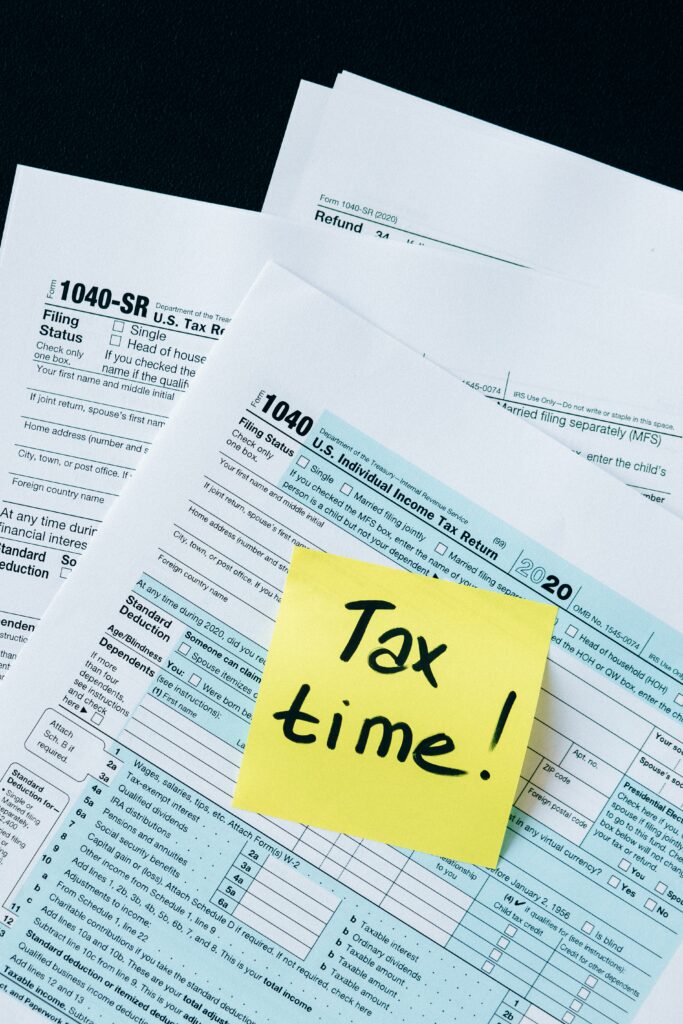Real estate investing can be a lucrative way to build wealth and generate passive income. But did you know that there are also significant tax benefits to investing in real estate? As a real estate investor, it’s essential to understand the tax implications of your investments and how to maximize your returns. In this blog, we’ll explore the tax benefits of real estate investing and what questions you should ask your accountant to ensure you’re taking full advantage of them.
Depreciation
One of the most significant tax benefits of owning real estate is depreciation. Depreciation is a tax deduction that allows you to write off the cost of your investment property over time. This means you can deduct a portion of the property’s value from your taxable income each year. To take advantage of depreciation, you’ll need to work with your accountant to determine the property’s depreciable basis and the depreciation schedule that’s appropriate for your investment.
Mortgage Interest
Another significant tax benefit of real estate investing is the ability to deduct mortgage interest. If you’ve financed your investment property with a mortgage, you can deduct the interest paid on that mortgage from your taxable income. A deduction like this can be significant, especially in the early years of your mortgage when the interest payments are highest.
Property Taxes
Property taxes are another expense that real estate investors can deduct from their taxable income. Especially in areas with high property values, property taxes can be a significant expense. Deducting property taxes from your taxable income can help offset some of the costs of owning an investment property.
Repairs and Maintenance
As a real estate investor, you’ll need to make repairs and perform maintenance on your investment property regularly. These expenses can also be deducted from your taxable income, reducing your overall tax liability. It’s important to keep accurate records of your repair and maintenance expenses, including receipts and invoices, to ensure you can claim these deductions properly.
Questions to Ask Your Accountant
To maximize the tax benefits of your real estate investments, it’s important to work closely with your accountant. Here are some questions to ask your accountant to ensure you’re taking full advantage of these benefits:
-
- How should I structure my real estate investments to minimize my tax liability?
- What depreciation schedule is appropriate for my investment property?
- Can I deduct all of my repair and maintenance expenses, or are there limitations?
- How should I handle my mortgage interest deductions?
- Are there any other tax benefits of real estate investing that I should be aware of?
Conclusion
Investing in real estate can provide significant tax benefits, including depreciation, mortgage interest deductions, property tax deductions, and repair and maintenance deductions. By working closely with your accountant, you can ensure you’re taking full advantage of these benefits and maximizing your overall return on investment. Don’t be afraid to ask your accountant questions and seek advice on how to structure your real estate investments to minimize your tax liability. You can also check out the IRS page for tips and recommendations for real estate investing, deductions and bookkeeping. With the right strategy, real estate investing can be a powerful tool for building wealth and generating passive income while minimizing your overall tax burden.
Want to get connected to an all-star accountant that can help you maximize your returns?? Reach out, happy to make an intro.
